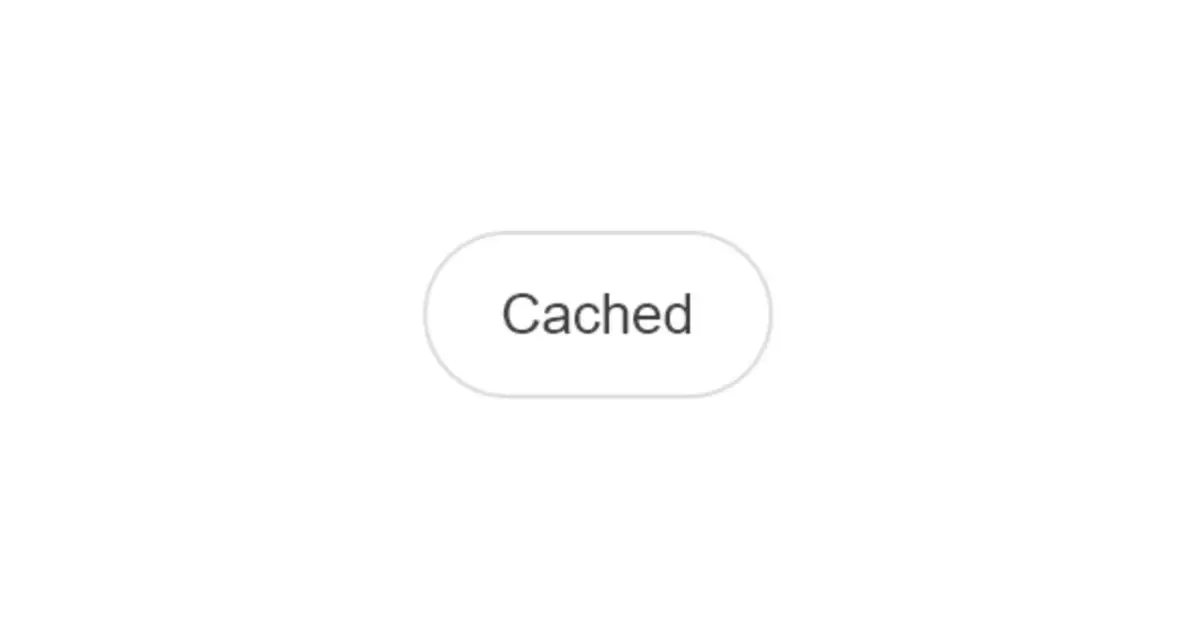Google, one of the world’s leading search engines, has recently announced the removal of page cache links from its search results page. This move, confirmed by Google’s search liaison Danny Sullivan, marks a significant change for users and professionals who rely on the cache feature for various purposes. In this article, we will analyze the implications of this decision by Google and explore potential alternatives for accessing cached webpages.
Historically, the cache feature allowed users to view a webpage as Google sees it. This functionality proved valuable for several reasons beyond the simple ability to access a page that may be struggling to load. SEO professionals utilized the cache feature to debug their websites and monitor competitors. Furthermore, it served as a valuable tool for news gathering, enabling reporters to observe changes made to a company’s website and uncover information that may have been intentionally removed. Additionally, for individuals facing region-based website restrictions, Google’s cache worked as an alternative to a VPN.
The removal of Google’s cache links has been occurring gradually over the past few months and is not yet complete. Since early December, the links started disappearing intermittently from search results, with the removal becoming permanent as of the end of January. Alongside the elimination of the links, Google also plans to phase out the ““cache:”” search operator in the near future.
The Writing on the Wall
While the discontinuation of cache links may come as a surprise to some users, there have been indications that this change was on the horizon. In early 2021, Martin Splitt, a Google developer relations engineer, referred to the cached view as a “basically unmaintained legacy feature.” This statement suggests that Google has been considering this removal for some time, acknowledging the diminishing relevance and usefulness of the cache feature.
Despite the removal of the cache links, Google seems to have no immediate plans to introduce a direct replacement feature. However, Danny Sullivan expresses hope that Google could collaborate with the Internet Archive to offer links that showcase how webpages have changed over time. Although he advises against making any promises, Sullivan suggests that discussions with the Internet Archive are necessary to explore the viability of such a feature.
Google’s decision to remove page cache links from its search results marks a significant shift in the way users access cached webpages. While the cache feature served various purposes, such as enabling SEO professionals to debug websites and allowing journalists to uncover changes made to corporate websites, its relevance had been steadily declining. As Google explores potential alternatives, users will need to adapt their workflows to find new ways of retrieving vital information from cached webpages. The collaboration with the Internet Archive holds promise for providing an alternative solution for users seeking historical webpage data. However, it remains to be seen how Google will ultimately address this gap in its search functionality.


Leave a Reply